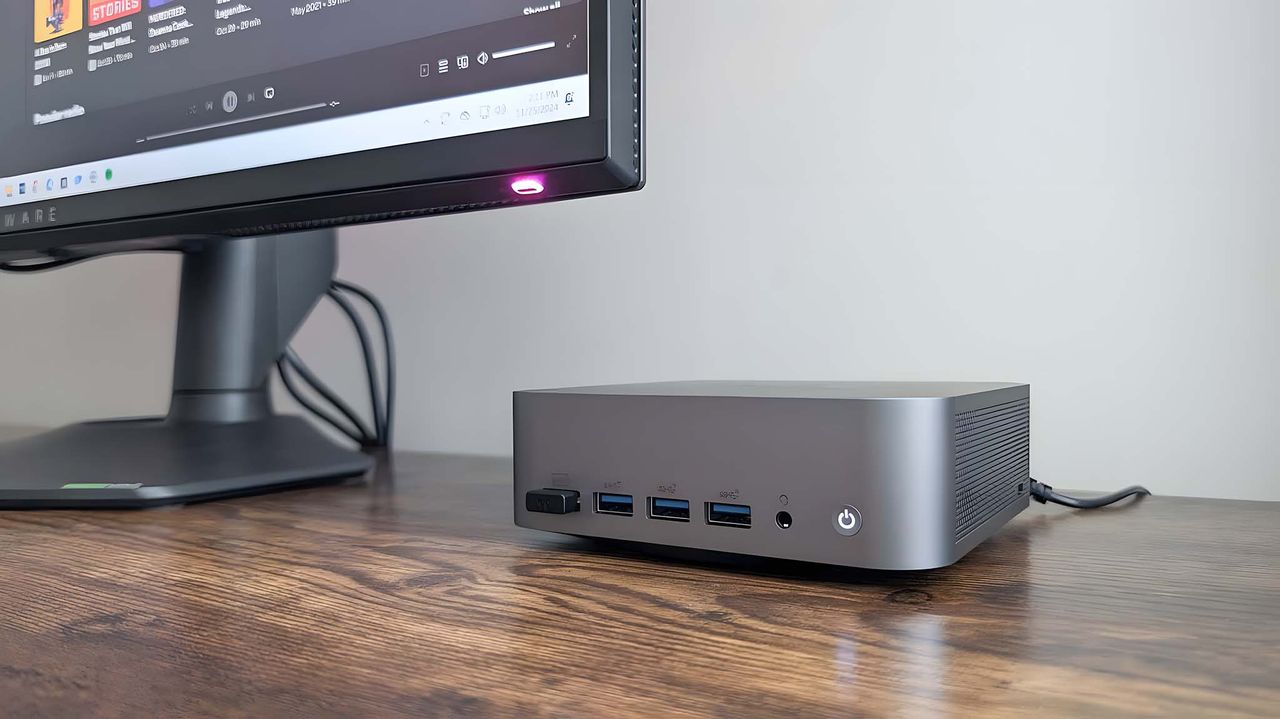
I really like mini PCs and often suggest specific brands to people I know. They’re much more affordable than traditional computers and take up very little space, but are still capable of handling many different jobs.
When buying a mini PC, people often make a few common errors. While some of these aren’t a big deal, others could potentially cause problems.
I’ve created this list of seven common mistakes to help you avoid problems and find the perfect mini PC.
1. Buying the cheapest option without researching first
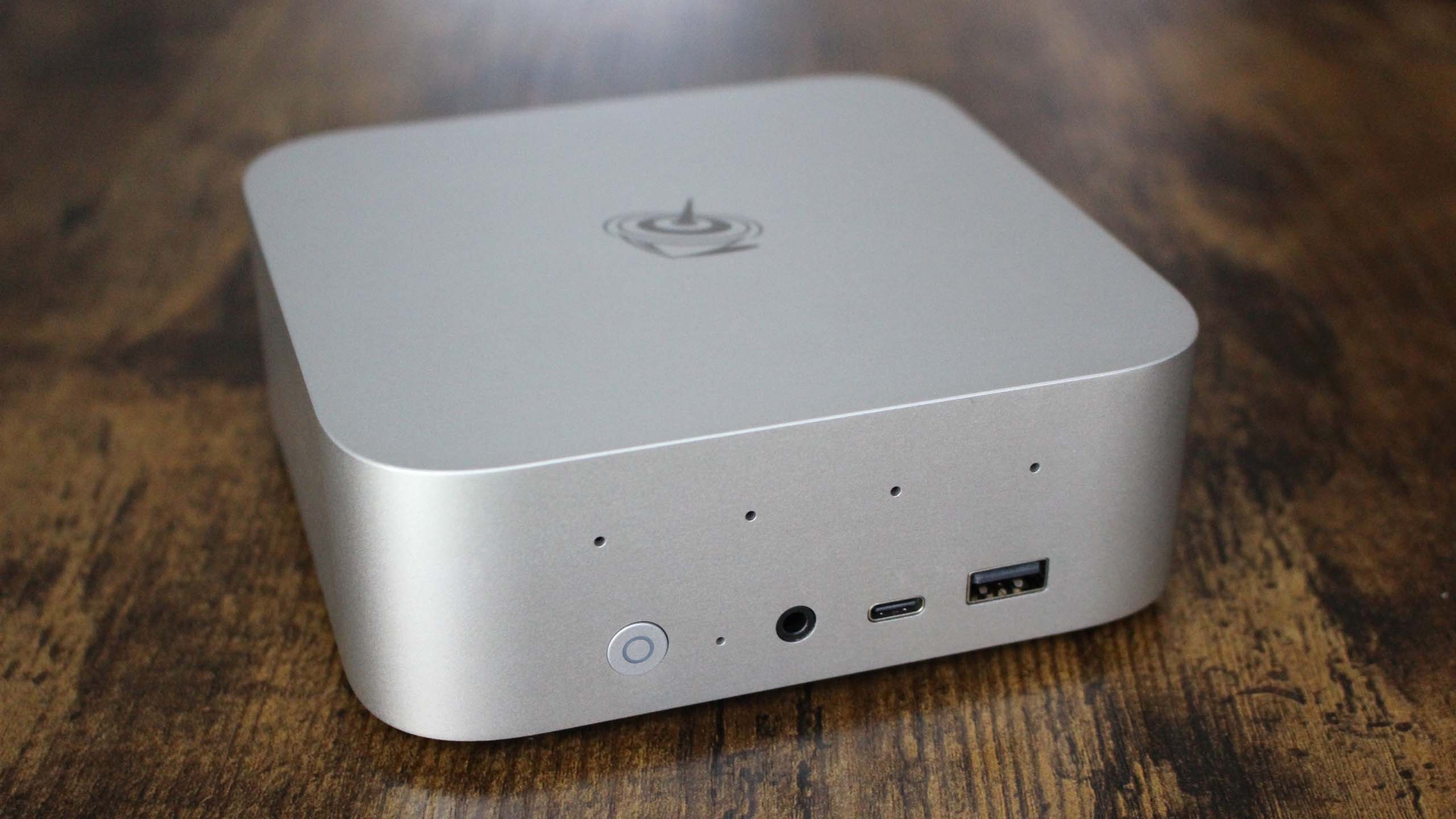
I’ll repeat this throughout this page, but it’s important to be aware that some dishonest sellers are offering mini PCs that come pre-installed with harmful software. This malware can steal your private information, such as banking details and other personal data, and send it to criminals.
These dishonest sellers often trick people into buying these risky devices by selling them at a very low price.
While it’s important to consider safety, the least expensive mini PC isn’t always the best choice. Don’t automatically go for the cheapest option – make sure it actually meets your needs.
If you’re looking for a budget-friendly mini PC that can handle everyday tasks, I suggest the Beelink EQR6, available on Amazon for around $389.
2. Falling for deals that are too good to be true

This idea builds on what we just discussed, but it’s important enough to consider on its own.
Look, as someone who loves tech, I’ve learned a hard lesson: if a mini PC deal seems too good to be true, it probably is. It’s either a straight-up scam, or there’s likely something wrong with the machine itself – maybe it’s damaged, or just doesn’t perform well. You really get what you pay for!
Mini PCs do occasionally go on sale, especially during events like Black Friday or Amazon Prime Day. But it’s a good idea to compare the price to similar models to make sure you’re getting a truly good deal.
To avoid problems, it’s best not to buy a mini PC if the price seems too good to be true.
3. Purchasing a mini PC based on customer reviews
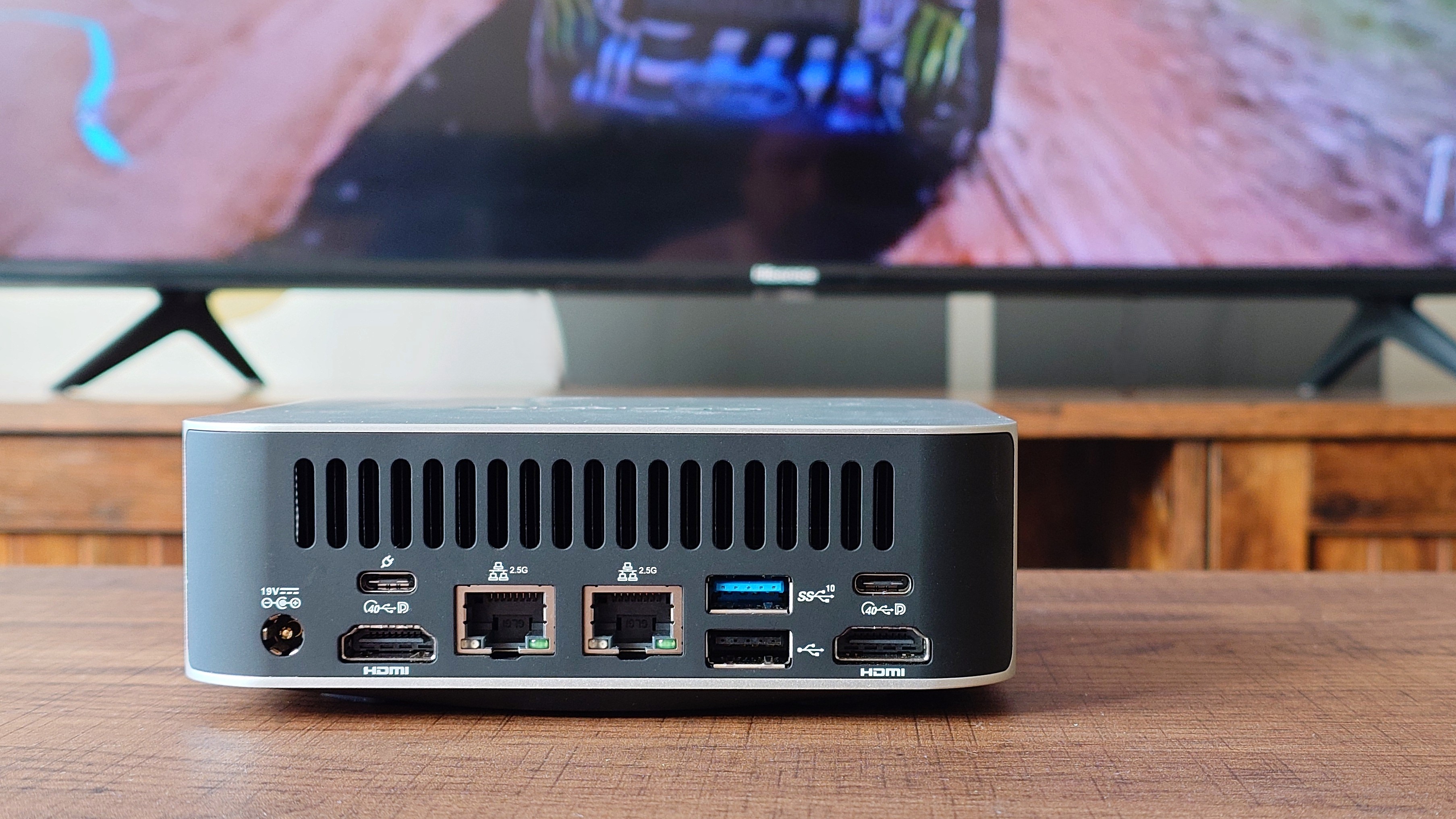
Relying solely on customer reviews when choosing a mini PC can be risky for two main reasons: it might not be safe, and it could be difficult to use.
As a tech enthusiast, I love being able to find so many mini PCs on sites like Amazon, Walmart, and Newegg. But it’s a little scary to think that anyone can sell stuff there, because that means a bad actor could sneak in a tampered-with device or even something intentionally designed to be harmful. You might think you’ve got a great little PC, but you could unknowingly be using something that’s actually stealing your data or just isn’t safe – it’s a real concern!
Also, remember that what someone else uses a mini PC for might not be what you need. Before you buy one, think about *how* you plan to use it, and then choose a mini PC with the right features, connections, and size to match your needs.
4. Forgetting that you need additional accessories
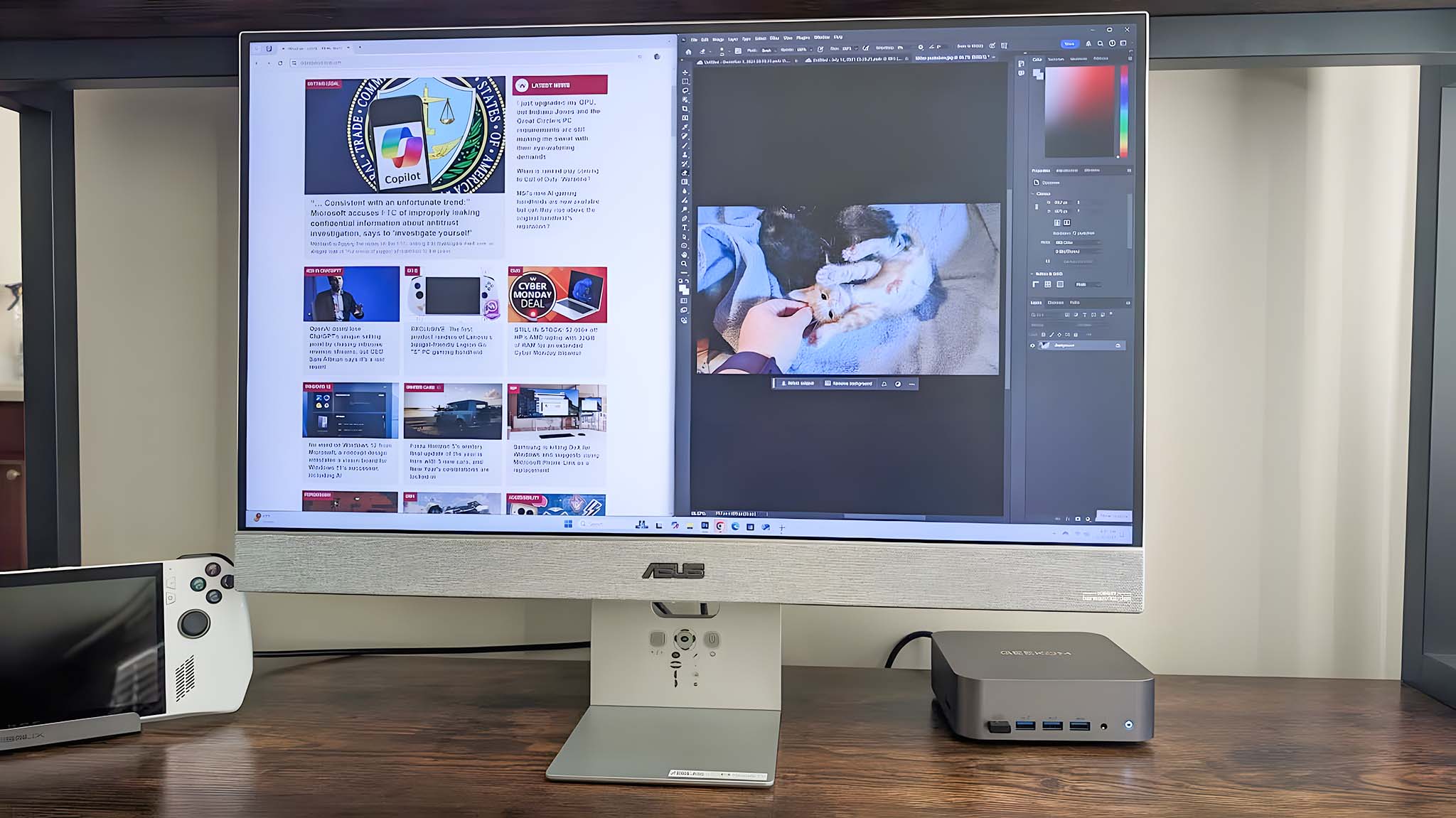
As a researcher, I’ve found that mini PCs function very similarly to traditional desktop computers. You still need to connect the usual peripherals – a keyboard, mouse, and monitor – to actually use them.
To help you find the right equipment, I suggest browsing our recommendations for the best computer mice, keyboards, and monitors.
Some mini PCs include the necessary HDMI or USB-C display cables, but not all of them do. It’s a good idea to verify what’s included and purchase a compatible cable if needed.
5. Failing to consider upgradeability, thermal design, and cooling
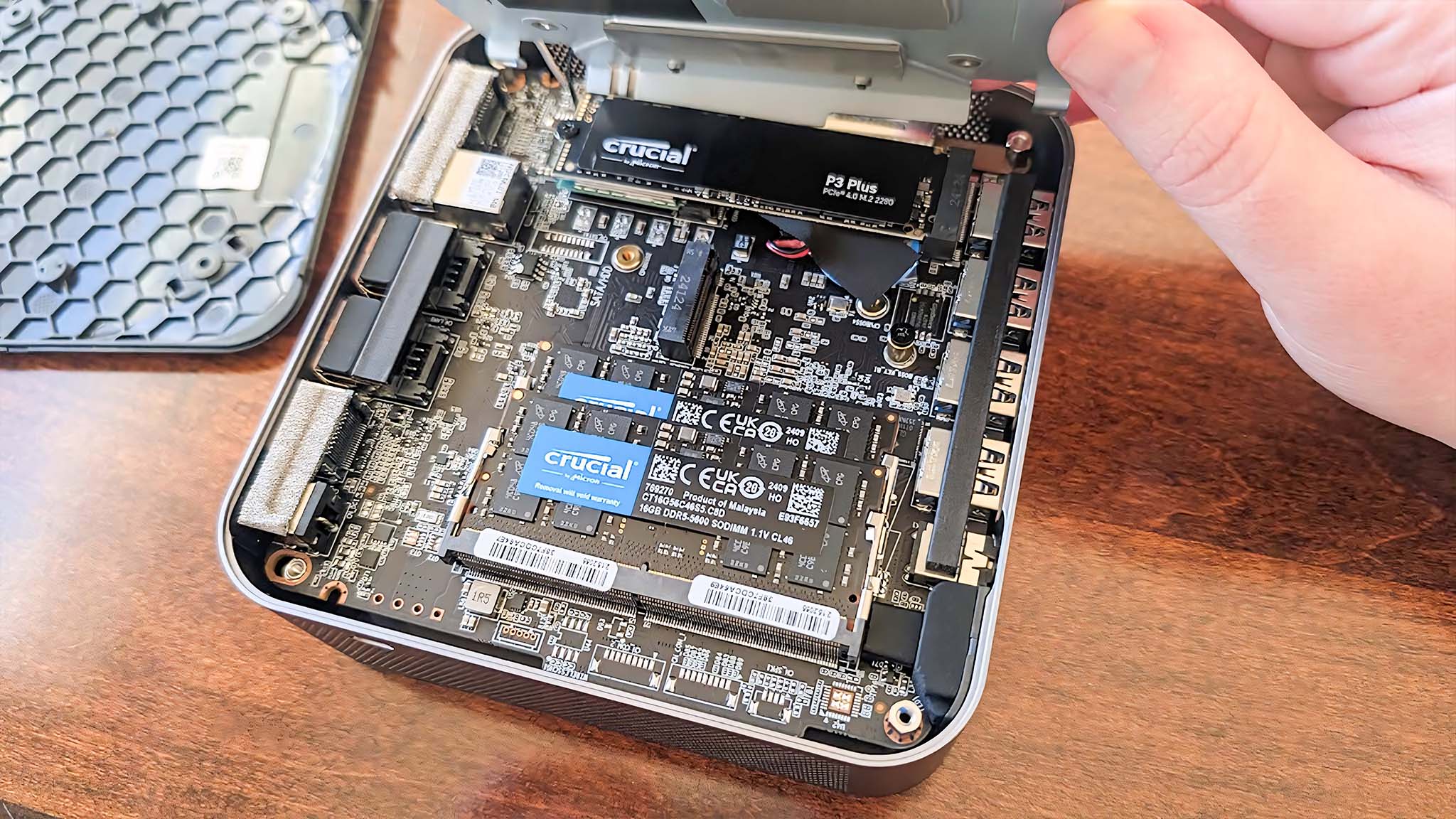
Even though mini PCs are small, many of them let you upgrade a few parts – usually the memory (RAM) and storage (SSD). Before you buy one, check what upgrades are possible and how much you can increase those components.
Because mini PCs are so small, many don’t need fans to stay cool. However, if they aren’t built properly, they can slow down, get too hot, and even be damaged. Some poorly designed models can also become noisy as they try to cool down.
It can be difficult to tell if something is truly as advertised without seeing it firsthand. Before making a purchase, it’s smart to read a review from a reliable source to get an honest opinion.
6. Assuming all mini PC offer similar performance
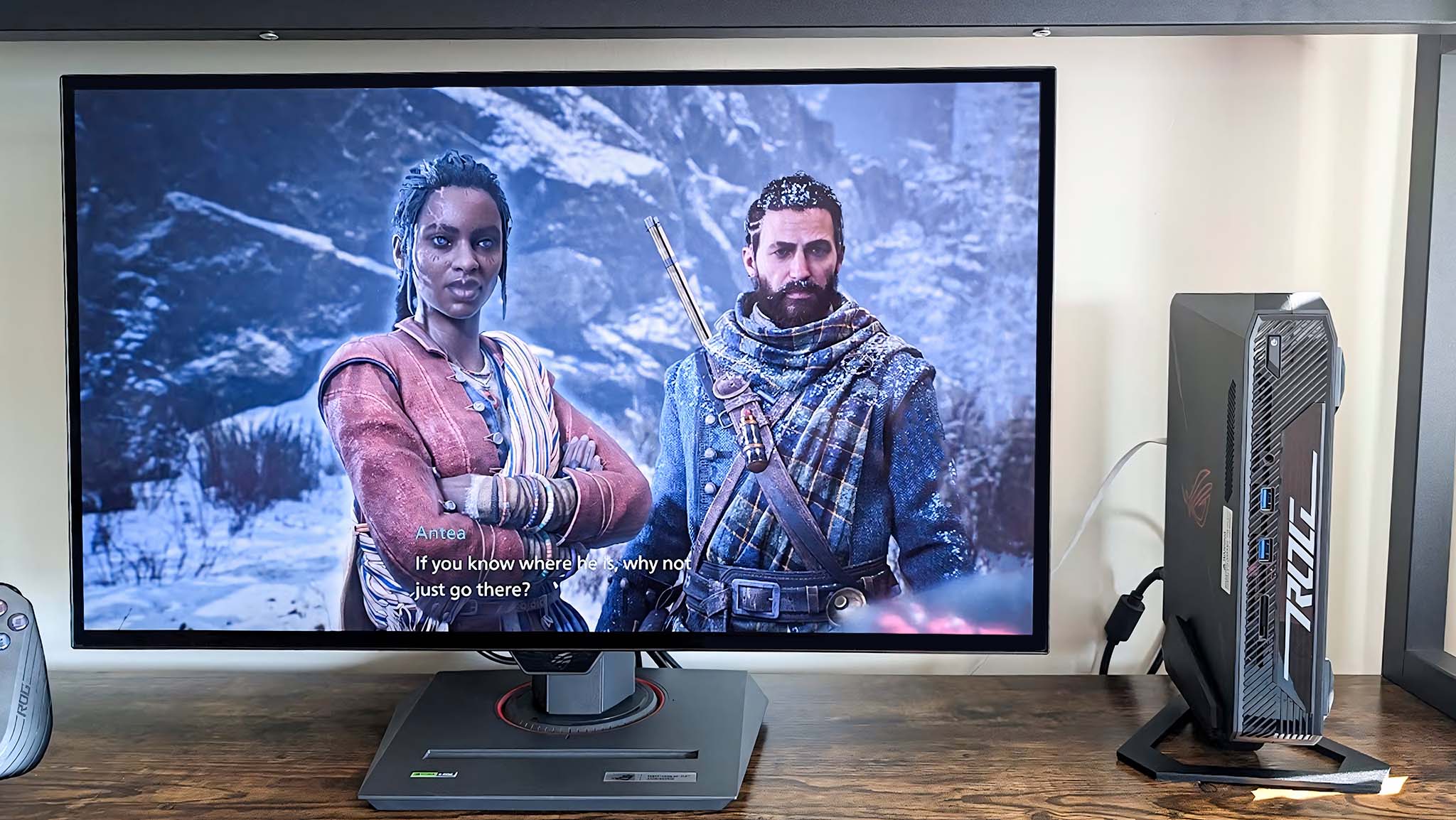
Mini PCs come in a wide range of performance levels, even though they’re small. This depends on the components inside, like the processor and graphics card. While many mini PCs are good for everyday tasks, some, such as the HP Z2 Mini (G1a) and the ASUS ROG NUC (2025), are built for gaming and include powerful graphics cards.
Additionally, how well a mini PC keeps cool also determines how well it works.
Before you buy a mini PC, think about what you’ll be using it for. Then, choose one that has the features you need.
- A processor and graphics card that are powerful enough to keep up with the tasks you want to do on the mini PC. There are countless offerings from Intel, AMD, and NVIDIA, so make sure you understand what kinds of things they can handle.
- Large enough memory (RAM) capacity to facilitate smooth multitasking, background processing, and efficiency. 16GB to 32GB is usually plenty.
- Enough storage (SSD) to hold all of the data and files you want the computer to have. I recommend 512GB to 1TB, depending on how many files you tend to create.
7. Neglecting to make sure it has the OS you want
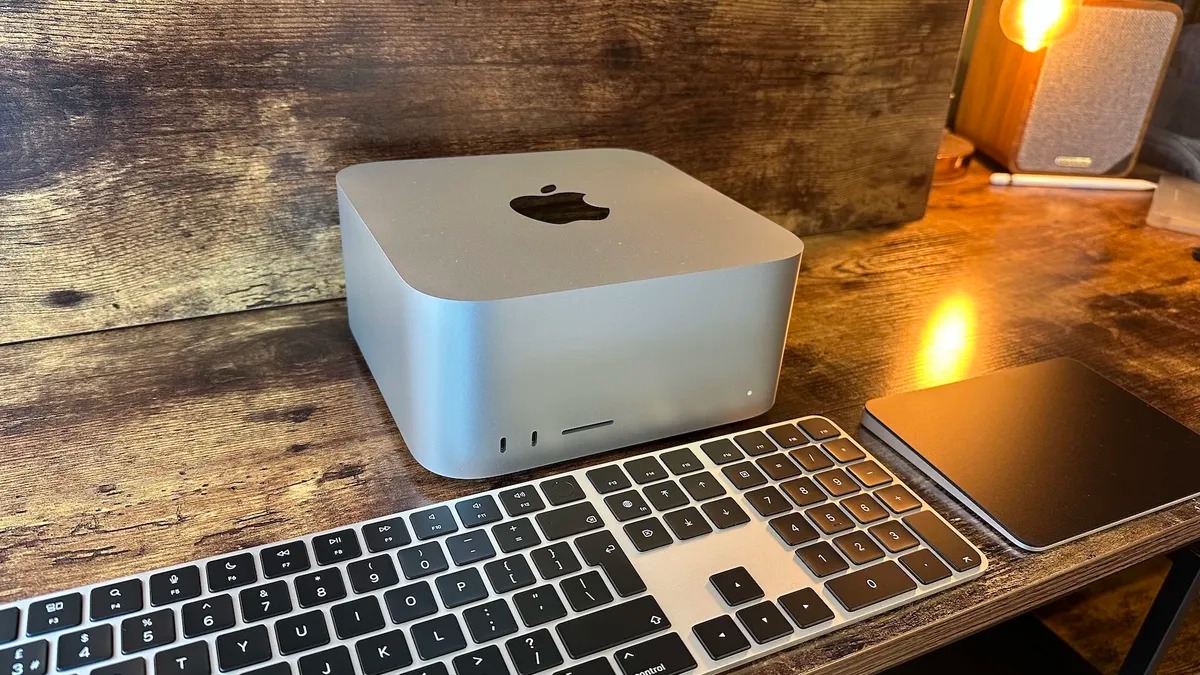
This might seem like an obvious one to many people, but it’s still a problem for some.
Most mini PCs come with Windows, but some run macOS or Linux. Don’t assume a mini PC has the operating system you want, or you might be disappointed. Always check before you buy!
BONUS: Assuming a clean install of Windows gets rid of all malware and problems
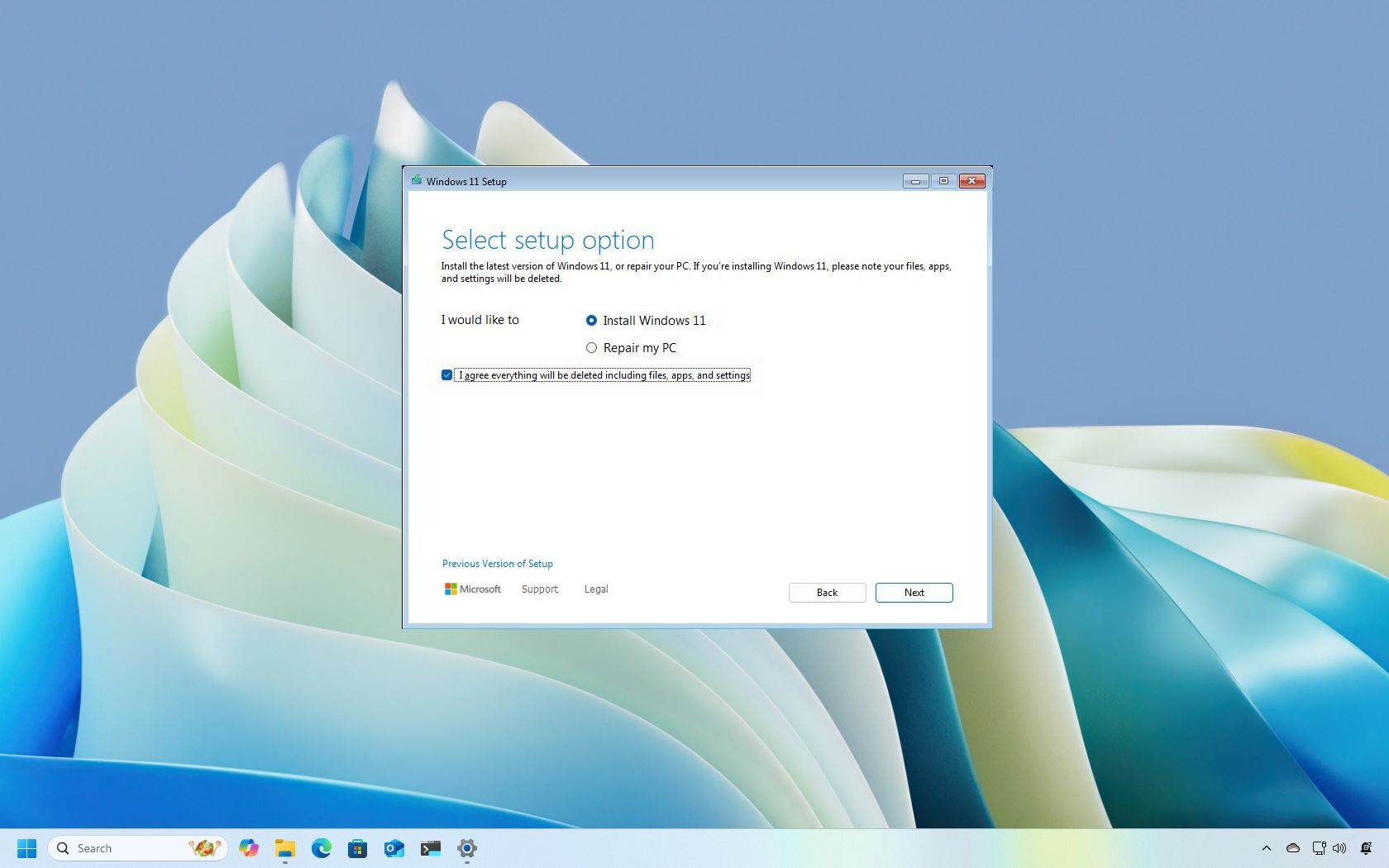
Although completely reinstalling Windows usually removes most viruses and malware, your computer might still have problems or not function correctly even after a fresh start.
If a company compromised on quality or included unsafe software, they may have also made other hidden changes to the mini PC, like secretly installing harmful software on its storage drives.
There’s a chance the seller or manufacturer might have made some hidden changes to get the mini PC running, and a fresh installation of the operating system could undo those fixes.
I once reinstalled Windows on a small computer that had a virus, and the Wi-Fi stopped working. It seems the computer used a basic Wi-Fi card but identified itself as a different, more standard model, which likely caused the issue.
My advice is to avoid shady devices to begin with, rather than putting yourself at risk.
Be safe and get a mini PC that fits your needs
With a little planning and careful selection of specifications, a mini PC can be a dependable and useful device.
As a tech fan, I always want to share a quick safety reminder. There are definitely people out there trying to trick you with bad software, so be careful where you buy mini PCs. Stick to well-known brands and reputable sellers – it’s worth the peace of mind! And honestly, if a deal looks unbelievably good, it probably is. Trust your gut and avoid anything that seems too good to be true.
Knowing what to avoid when you buy a mini PC can ensure you get a reliable device that’s exactly what you’re looking for.
FAQ
Why buy a mini PC instead of a desktop or laptop?
Mini PCs are small, reasonably priced, and can be used for many things, like everyday office tasks, setting up a home entertainment system, or casual gaming.
What’s the biggest risk when buying a mini PC?
Be careful where you buy electronics. Some sellers aren’t reliable and may ship devices with viruses or low-quality parts. It’s best to stick with well-known, trusted brands.
Can mini PCs be upgraded?
Most allow limited upgrades (RAM and SSD). Check specs before buying to ensure future flexibility
Do mini PCs overheat easily?
Smaller computer models sometimes struggle with overheating. When researching, pay attention to reviews that discuss how well the system stays cool and how loud it is.
How do I avoid scams?
Don’t fall for deals that seem too good to be true. Compare prices and stick to trusted retailers.
Do all mini PCs run Windows?
No. Some run Linux or macOS. Always confirm the operating system before purchasing.
Read More
- Sony Removes Resident Evil Copy Ebola Village Trailer from YouTube
- Best Controller Settings for ARC Raiders
- Ashes of Creation Rogue Guide for Beginners
- Can You Visit Casino Sites While Using a VPN?
- The Night Manager season 2 episode 3 first-look clip sees steamy tension between Jonathan Pine and a new love interest
- Holy Hammer Fist, Paramount+’s Updated UFC Archive Is Absolutely Perfect For A Lapsed Fan Like Me
- A Guide to Derek Hough and Julianne Hough’s Family
- Emily in Paris soundtrack: Every song from season 5 of the Hit Netflix show
- Gandalf’s Most Quotable Lord of the Rings Line Hits Harder 25 Years Later
- 9 years after it aired, fans discover a Dr Who episode absolutely copy-pasted a Skyrim dragon PNG from a wiki for some background VFX
2025-11-09 17:41